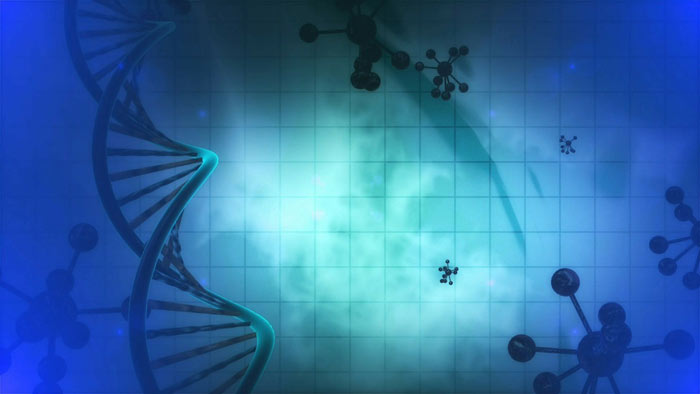
Down syndrome is a condition that results in lifelong cognitive disability and physical impairments. There is no cure for Down syndrome, and treatments typically require a diverse team of specialists to address the specific medical and developmental issues of each child. Below, we outline common treatments for children with Down syndrome.
Early Intervention
The first few years of life are critical for the growth and development of every child, and they provide a platform for future years of growth and progress. Research has shown that early intervention for children diagnosed with Down syndrome improves social and cognitive outcomes. Early intervention may include activities, therapies, and exercises that address a child’s specific challenges. The goal of early intervention is to minimize, as much as possible, the effect of the disability on the child’s ability to grow and develop.
Preparing early-on for the care of your child with Down syndrome may help improve his/her overall health and well-being. It may even be possible to start planning before the birth of your child. If you are at an increased risk of having a child with Down syndrome, your doctor will offer you the option of prenatal DNA testing. Prenatal DNA testing is a screening test that can be performed as early as week 10 in your pregnancy. The results of this test allow your doctor to analyze the risk that your child may have a genetic disorder like Down syndrome and may be able to indicate whether further diagnostic testing should be recommended.
Treatment Therapies
Speech therapy can help children with Down syndrome develop language and communication skills so that they can express themselves in a way that others can understand.
Physical therapy helps children with Down syndrome correctly strengthen muscles and develop gross motor skills, such as maintaining good posture and achieving efficient walking mechanics.
Occupational therapy helps people with both physical and mental disabilities participate in daily activities that are normal for their age.
Behavioral therapy can help children with Down syndrome and their families learn how to manage emotions that may affect the child’s ability to learn.
Medications and Surgery
Individuals with Down syndrome are more likely to suffer from certain health complications, some of which include structural heart defects, gastrointestinal defects, leukemia, immune disorders, thyroid disorders, and respiratory infections.
Children with Down syndrome may need to undergo surgery to correct structural defects of the heart or the gastrointestinal tract. Medications will be prescribed for conditions like leukemia and thyroid disorders that may need long-term treatment and/or monitoring.
Treatments Will Vary Depending On Your Child’s Specific Needs
The symptoms of Down syndrome and severity of symptoms experienced will vary from person to person. Each child will develop at his/her own pace and may need different treatments compared to other children diagnosed with Down syndrome. It is important to work closely with a doctor who specializes in treating Down syndrome in order to understand the exact needs of your child.






